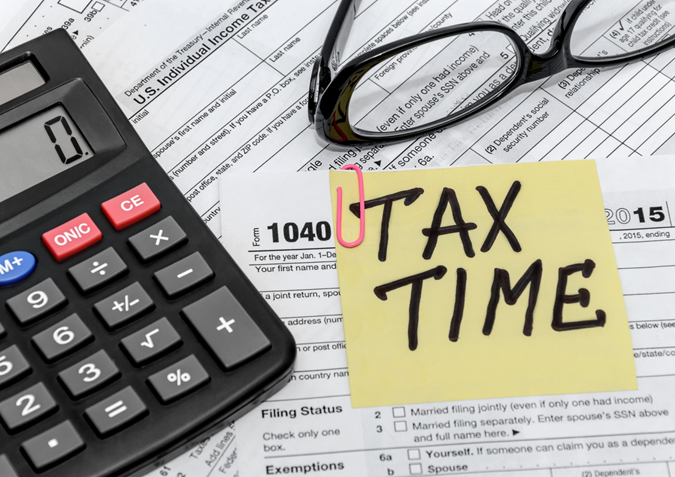
Small businesses on average pay about 19.8% business tax. One way to reduce the amount you owe in taxes is by doing a tax write-off.
One way you can use your write-off is by doing a vehicle tax write-off, especially if you have a heavier vehicle.
Keep reading to learn more about how a small business tax write-off works for large vehicles.
What Are Heavy Vehicle Tax Write-Offs?
If you’re interested in writing off vehicles over 6000 pounds, you’ll need to use a Section 179 deduction. This will work if your vehicle is classified as an SUV under the tax rules, but it’s limited to $25,000.
If you don’t have an SUV that is heavy, like a van or a pickup, these aren’t limited to the $25,000 limit. These vehicles can be written off for the entire portion that you use for your business.
Keep in mind that if you have a cargo bed that is at least six feet in length, it’s not an SUV. If it has a shorter bed than six feet, it will be treated as an SUV.
You can also claim a 50% bonus depreciation deduction in the first year that you have the vehicle. However, this is only for new vehicles, not used.
How to Qualify
There are three main criteria you’ll need to qualify for in order for the tax write-off to work.
For the 2020 tax year, you’ll need to have bought the vehicle before December 31, 2020. You’ll have to have bought it at some point during that tax year that you want to write it off for.
you’ll also need to make sure that you use the vehicle for at least 50% of business purposes. If you’re going to use it for personal use, you can only deduct a percentage of the vehicle that you used for business.
You’ll also need to keep in mind how much your vehicle weighs. If you have a truck that weighs over 6,000 vehicles, then you can deduct 100%. However, if it’s less than that, you might only be able to deduct a small percentage.
How Much Is It Worth?
When you deduct 100% of the vehicle, that doesn’t mean that you deduct the purchase price from your tax liability for that month.
Instead, you’ll need to figure out what tax bracket you fall into. When you find that, multiply the price of your purchase by the marginal rate to figure out how much you’ll deduct.
While you can deduct Section 179, keep in mind that you can also deduct any mileage cost on top of that as well.
Learn More About a Vehicle Tax Write Off
These are only a few things to know before you get a vehicle tax write-off, but there are many other factors to consider.
We know that doing taxes for small businesses can be stressful, but we’re here to help you out and offer more advice.
For more business-related articles, explore our website

